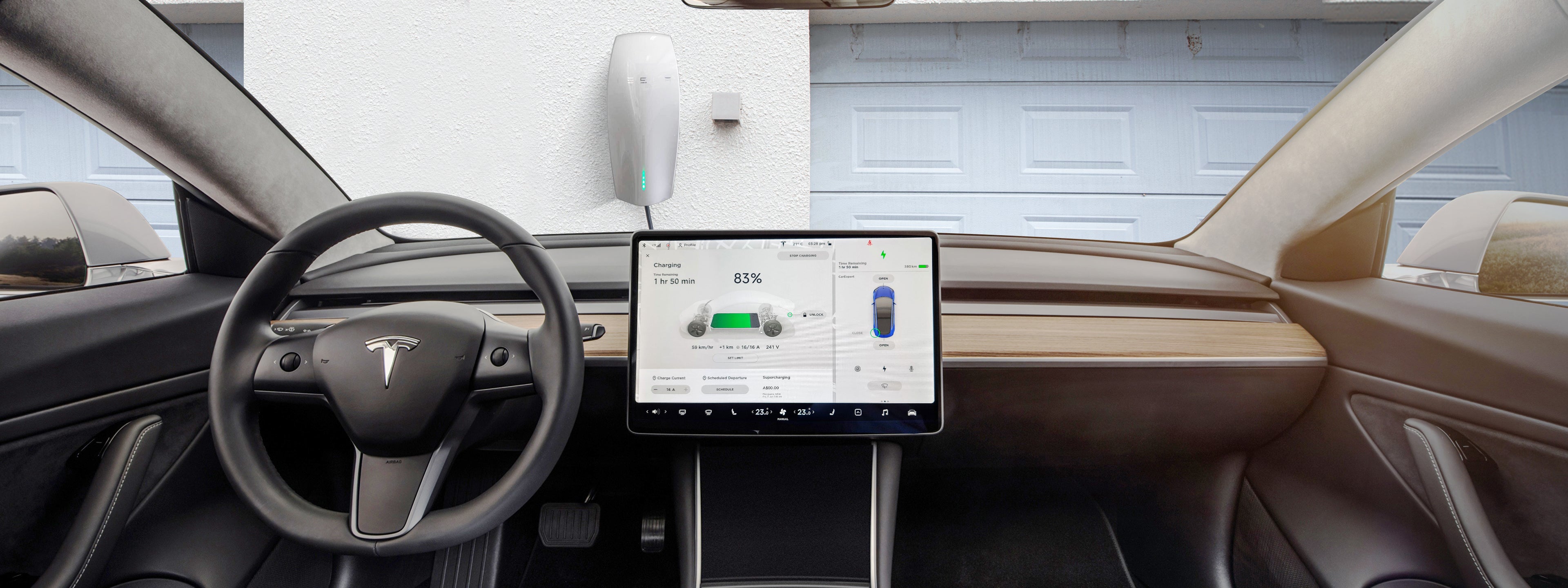4 décembre 2024 – Tesla a annoncé d'importantes baisses de prix sur son réseau de Superchargeurs , une initiative visant à rendre l'achat de véhicules électriques plus abordable et à accélérer leur adoption. Cet ajustement intervient alors que le réseau de recharge de Tesla a franchi un cap record en fournissant 12 GWh d'énergie en une seule journée le 30 novembre.
Dynamiser la révolution des véhicules électriques
Le réseau Superchargeur de Tesla est largement reconnu comme l'une des solutions de recharge rapide en courant continu les plus fiables et les plus performantes du marché. Il permet aux conducteurs de recharger leur véhicule de 10 % à 80 % en seulement 25 minutes. Ce confort est particulièrement appréciable pour les longs trajets, complétant la recharge à domicile pour un usage quotidien.
Cependant, l’augmentation des coûts des compresseurs a commencé à combler l’écart entre la recharge des véhicules électriques et le ravitaillement en essence traditionnel, remettant en cause l’un des principaux avantages économiques de la possession d’un véhicule électrique.
En réponse, Tesla a mis en place des baisses de prix en Amérique du Nord et en Europe. Les conducteurs de villes comme le Québec, au Canada, ont constaté une baisse des prix de 0,50 $ à 0,42 $ par kWh, tandis que les utilisateurs européens ont constaté des baisses allant jusqu'à 0,10 € par kWh dans certaines stations.
La philosophie de tarification de Tesla
Max de Zegher, nouveau responsable de la recharge chez Tesla, a confirmé les baisses de prix sur X (anciennement Twitter). Il a présenté les objectifs de Tesla concernant les tarifs de ses Superchargeurs :
- Accélérer l’adoption des véhicules électriques : en maintenant des prix compétitifs, Tesla vise à rendre la possession de véhicules électriques plus attrayante et accessible.
- Assurer la pérennité financière : Les revenus du réseau soutiendront son expansion, garantissant une infrastructure fiable et répandue pour les conducteurs de véhicules électriques.
Ces baisses de prix démontrent l’engagement de Tesla à équilibrer l’accessibilité financière avec une croissance durable, même si la concurrence des autres réseaux de recharge s’intensifie.
Concurrence et évolution du paysage
Le réseau de recharge de Tesla est depuis longtemps la référence absolue dans le secteur des véhicules électriques, mais le secteur évolue rapidement. Des concurrents comme EVgo, Electrify America et d'autres renforcent leur présence, proposant souvent des prix compétitifs et des promotions pour attirer les conducteurs.
Comme l'a commenté un utilisateur : « Le réseau Tesla reste le meilleur et le plus fiable, mais la concurrence s'intensifie. Bientôt, les conducteurs compareront les prix de recharge comme ils le font dans les stations-service. »
Si les baisses de prix de Tesla sont une mesure bienvenue pour les conducteurs, elles reflètent également la reconnaissance par l'entreprise d'une dynamique de marché changeante où la domination de type monopole n'est plus garantie.
Au-delà de la supercharge : la recharge à domicile grâce à l'énergie solaire
Malgré la commodité des Superchargeurs, Tesla continue de prôner la recharge à domicile comme la solution la plus économique. Pour les propriétaires de véhicules électriques équipés de panneaux solaires, recharger un véhicule électrique à domicile peut coûter seulement 0,09 $ par kWh, soit nettement moins cher qu'une recharge publique.
Des services comme EnergySage facilitent l'adoption de solutions solaires par les propriétaires et les locataires, en leur donnant accès à des installateurs pré-approuvés et à des prix compétitifs sur des produits comme le Powerwall de Tesla.
En route vers l'avenir
Le réseau de superchargeurs de Tesla demeure un pilier de son écosystème de véhicules électriques, permettant des déplacements longue distance en toute simplicité. Avec un chiffre d'affaires quotidien de plus de 5 millions de dollars déclaré au 30 novembre, la demande en solutions de recharge rapide est clairement à son plus haut niveau.
En réduisant les prix des Superchargeurs, Tesla réaffirme son engagement à rendre la possession de véhicules électriques à la fois pratique et économique, garantissant que son réseau continue d'être une force motrice dans la transition mondiale vers un transport durable.
Pour plus d'informations sur le réseau Supercharger de Tesla et les mises à jour, visitez le site Web officiel de Tesla .
Lecture recommandée : Superchargeurs à vendre : Tesla ouvre son réseau aux entreprises








Partager:
Économies : crédits d'impôt et incitations à la recharge pour véhicules électriques en Floride
Débloquer les rabais et les incitations à la recharge pour les véhicules électriques en Arizona